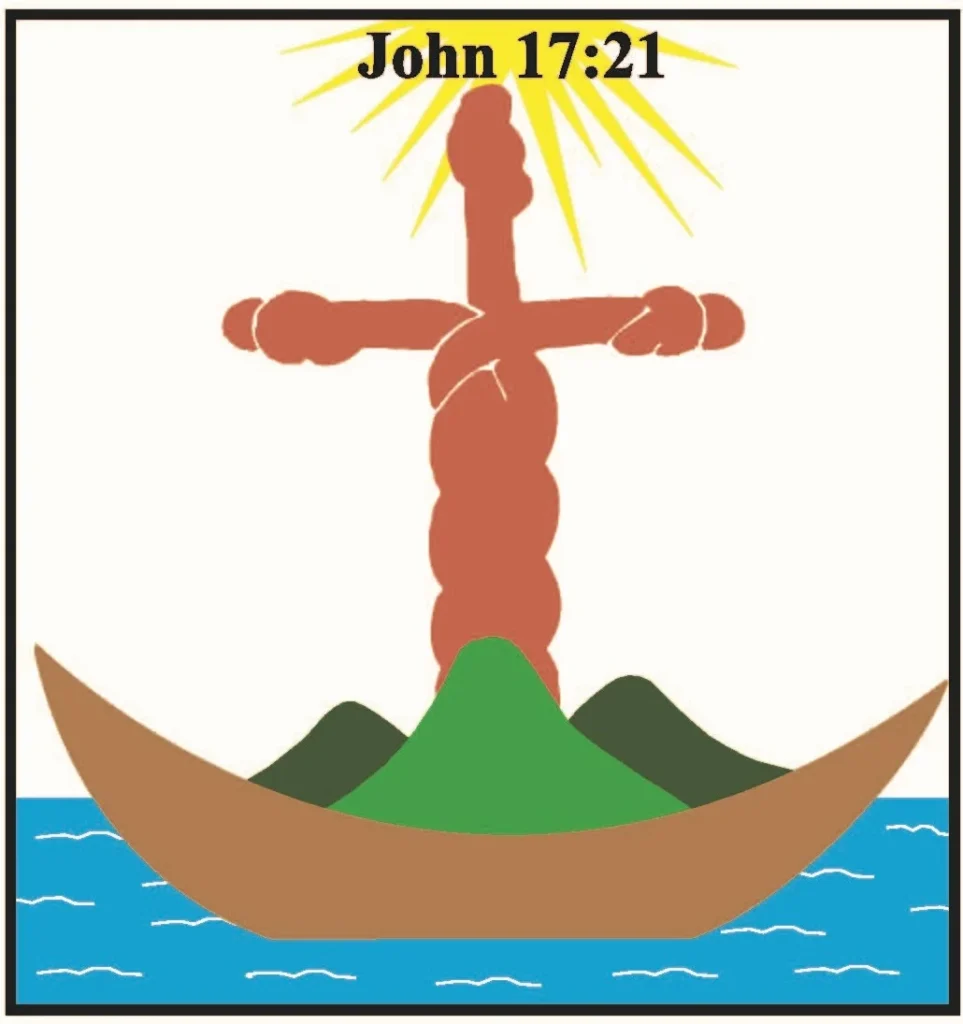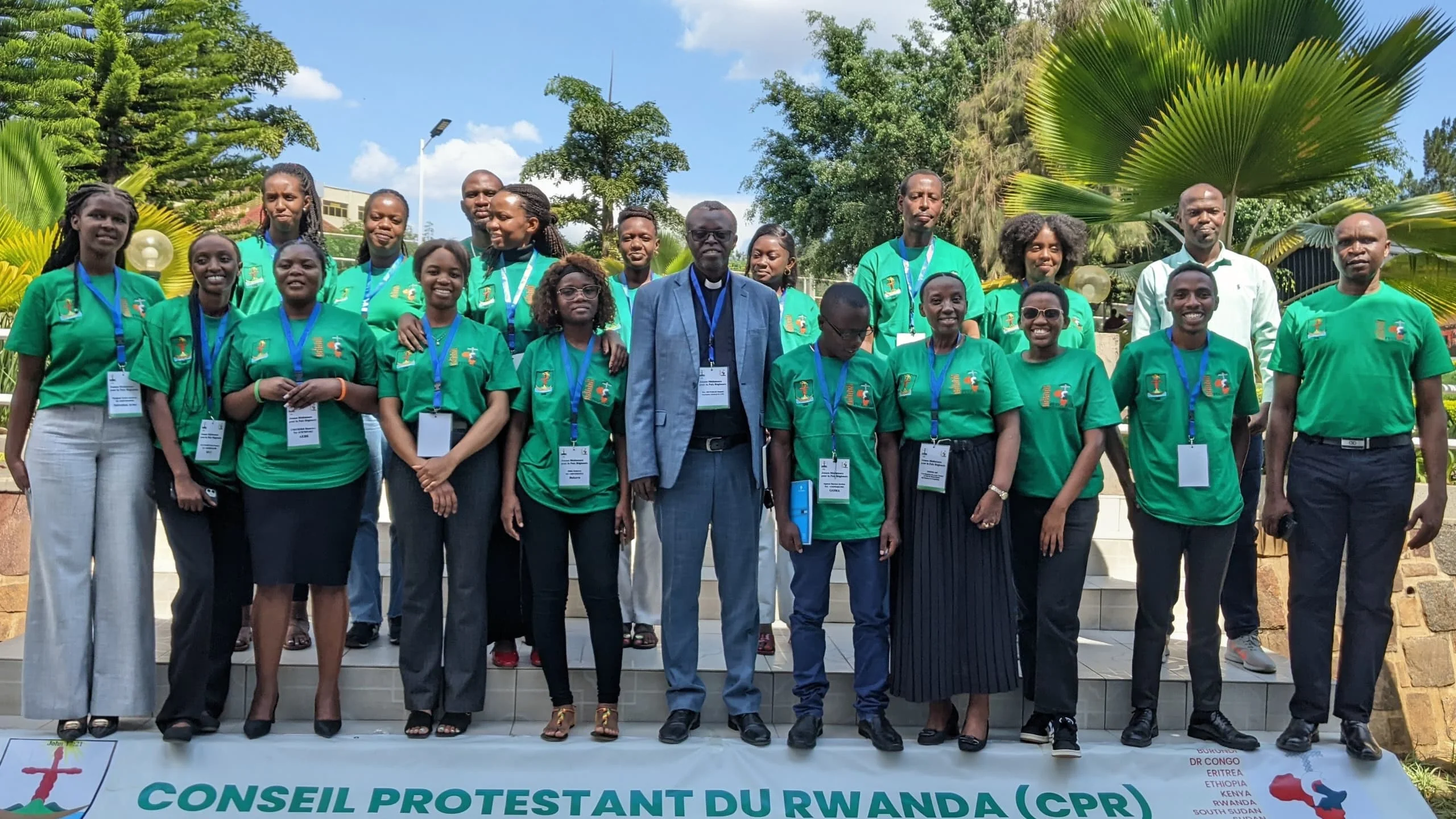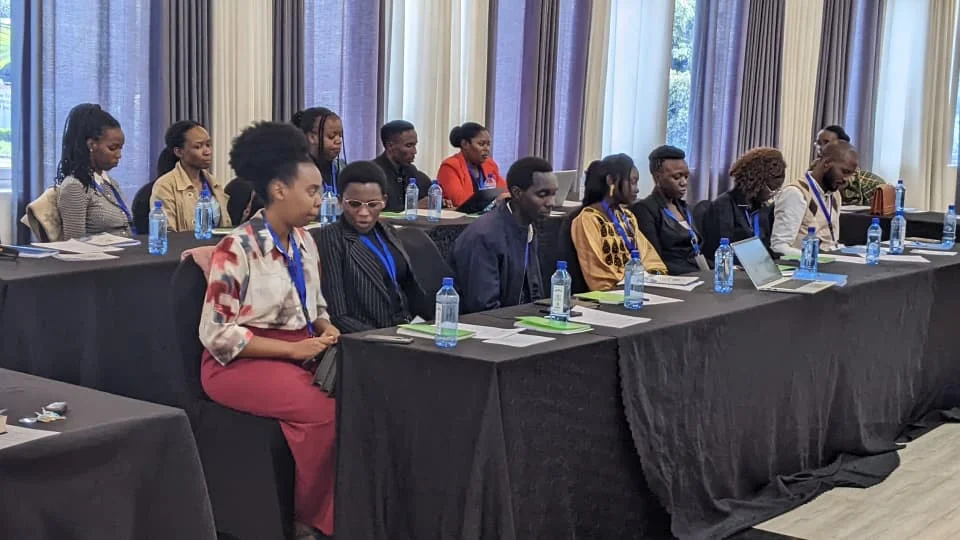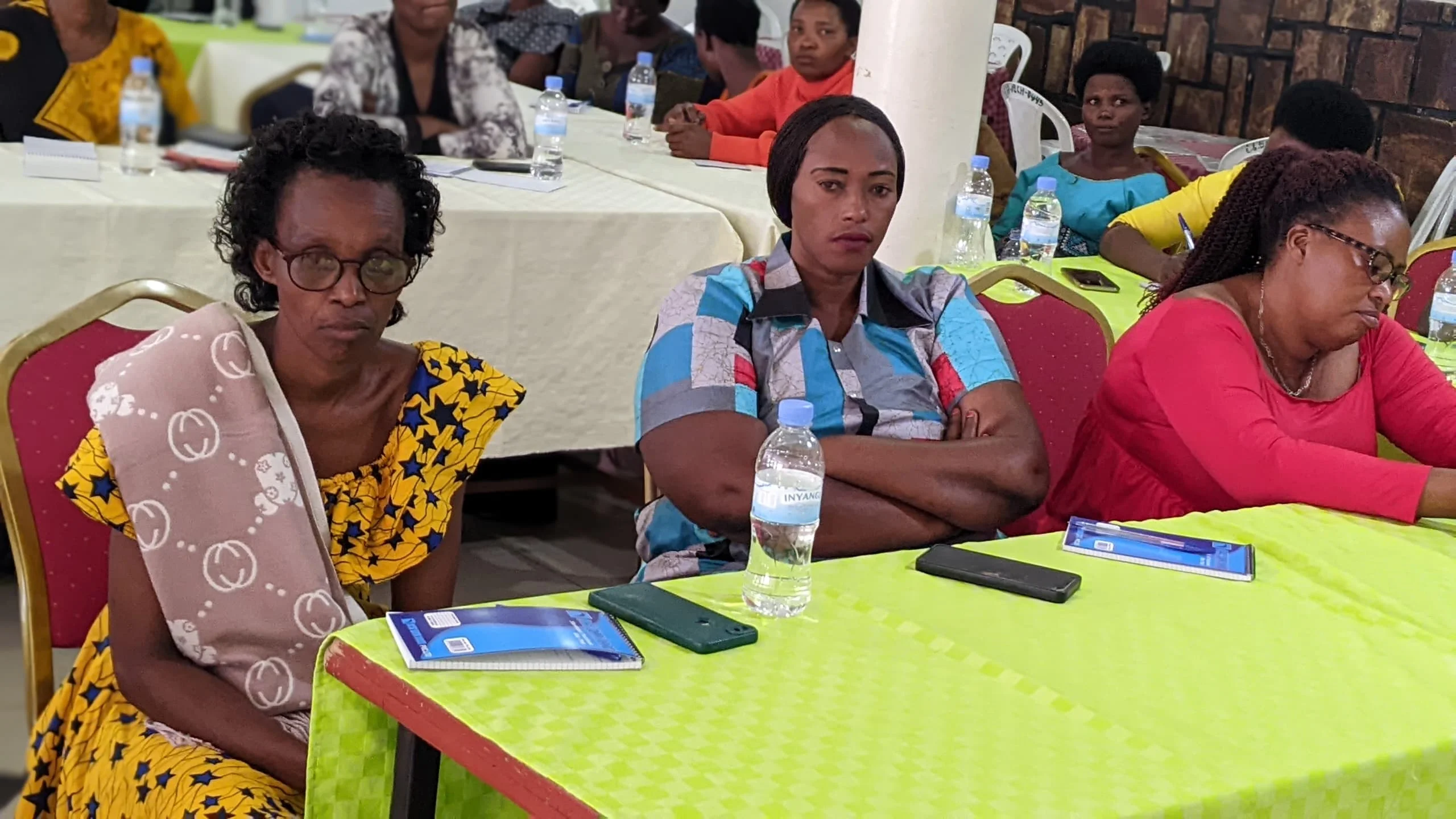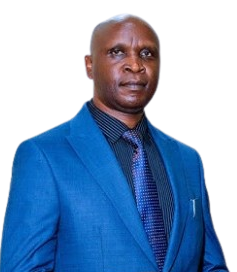Description of the problem
The CPR and its member churches are currently in the race for holistic development, taking into account the full promotion of the living conditions of the human person. As the task is not at all easy, it is appropriate to mobilize the different layers involved in this process of integral development. As women and youth make up the majority in Rwanda, they both remain one of the main priorities in terms of training managers who must intervene professionally in the context of meeting the development objectives set at the outset.
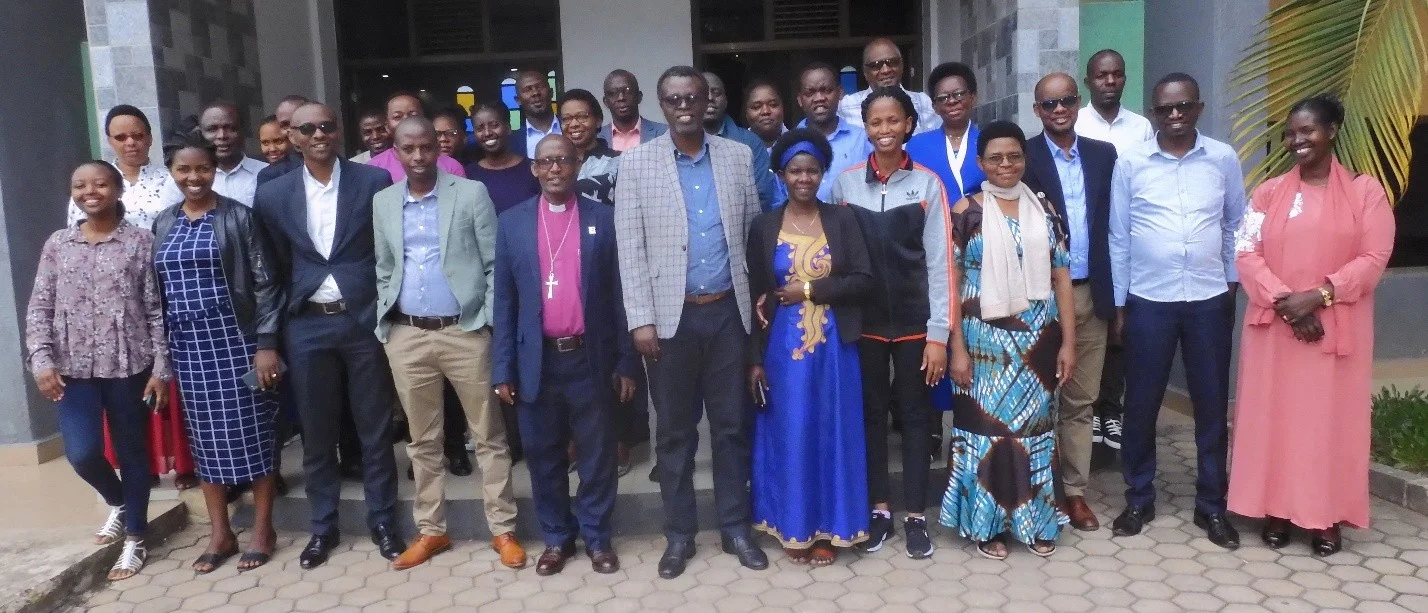
Overview photo
In addition to the crying need for qualified and competent personnel for the Protestant Churches and Member Associations of the CPR, this project is still very relevant in the sense that the Church has a fundamental mission to teach and educate the People of God. Since the Protestant Reformation, Protestant churches have been called upon to play a considerable role in the formation and education of future generations. Churches must therefore take responsibility for preparing the future of young people so that they are able to face contemporary challenges. In addition to this, the Protestant churches that are members of the CPR are owners of considerable works and services in the country that can contribute to the development and well-being of the population.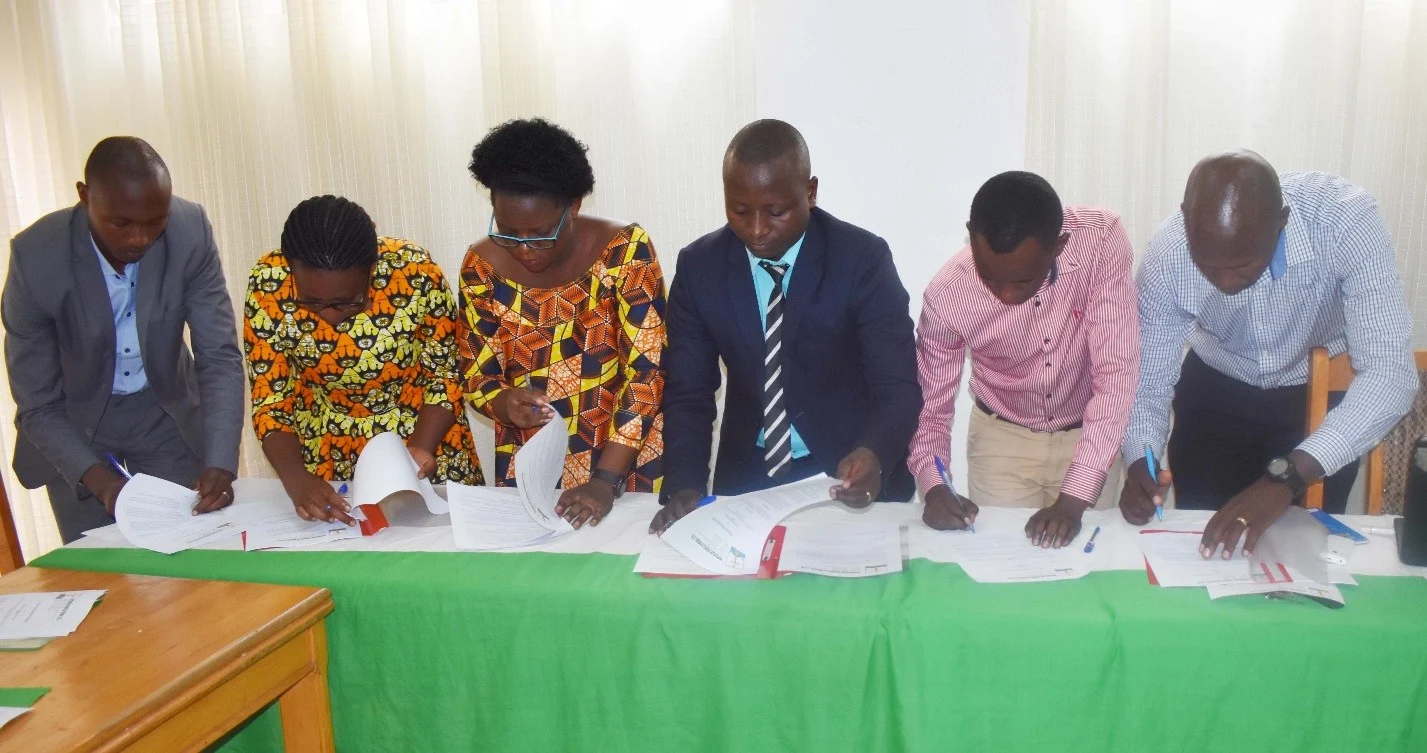 Photo: Signing of contracts[/caption]
Photo: Signing of contracts[/caption]
The CPR and the member churches already form a strong ecumenical network of 20 churches and 5 Christian associations. These Protestant churches have a word of influence in society and have structures at the national and local levels; even in the grassroots communities. As mentioned, the Protestant member churches of the CPR own important works: schools (565 kindergartens, 591 primary, 271 secondary, 30 vocational, 7 university), medical works (7 hospitals, 30 health centers, 6 health posts), hotels and reception centers, development projects, buildings, land, forests, choirs, youth and women’s associations and cooperatives, various services such as accounting, youth, children, women, development, diakonia, etc.
In the face of the multiple consequences of the genocide perpetrated against the Tutsi in Rwanda in 1994, including more than a million deaths, many prisoners, many refugees, many traumatized people; it should be pointed out that the Protestant Churches that are members of the CPR have, from the outset, focused on investing the existing means in reconstruction and rehabilitation, in basic training to restart the main activities. Currently, in Rwanda, which is already integrated into the countries of the East African Community, there is a boom in considerable development in several sectors of the life of the Rwandan people, which requires professional cadres. That said, there is therefore a strong need for qualified and competent staff in the Protestant churches and Christian associations that are members of the CPR.
With this in mind, the CPR’s education commission has prioritized areas of training to enter into the dynamic of seeking answers to the most pressing needs of the CPR’s member churches and associations. These are six areas are: ICT & Entrepreneurship; Leadership, Business and Administration; Environment / Theology of the Environment ; Public health; Gender / Rural Development; Peace studies and conflict resolution.
The strengthening of capacities in these different areas of formation, especially of young people and women, will certainly allow the CPR and its member churches to contribute to the promotion of education and the living conditions of the Rwandan population through integral development that takes into account the sensitive areas of our churches.
In this project, we have the direct and indirect beneficiaries.
- The direct beneficiaries
The direct beneficiaries are divided into priority areas of study selected:
- ICT & Entrepreneurship (2 candidates)
- Leadership, Business and Administration (28 candidates)
- Environment / Environmental Theology (2 candidates)
- Public Health (1 candidate)
- Gender / Rural Development (8 candidates)
The main selection criteria pre-established by the CPR’s Education Commission are as follows:
- Have a bachelor’s degree relating to the field to be frequented,
- Be a member of the CPR member church (have a recommendation from the church),
- Certificate of Language of Instruction & Other Miscellaneous Academic Requirements
- The age of the candidates must not exceed 40 years old
- Taking into account the diversity of the CPR’s member churches
- At a minimum, 50% of successful fellows will be female
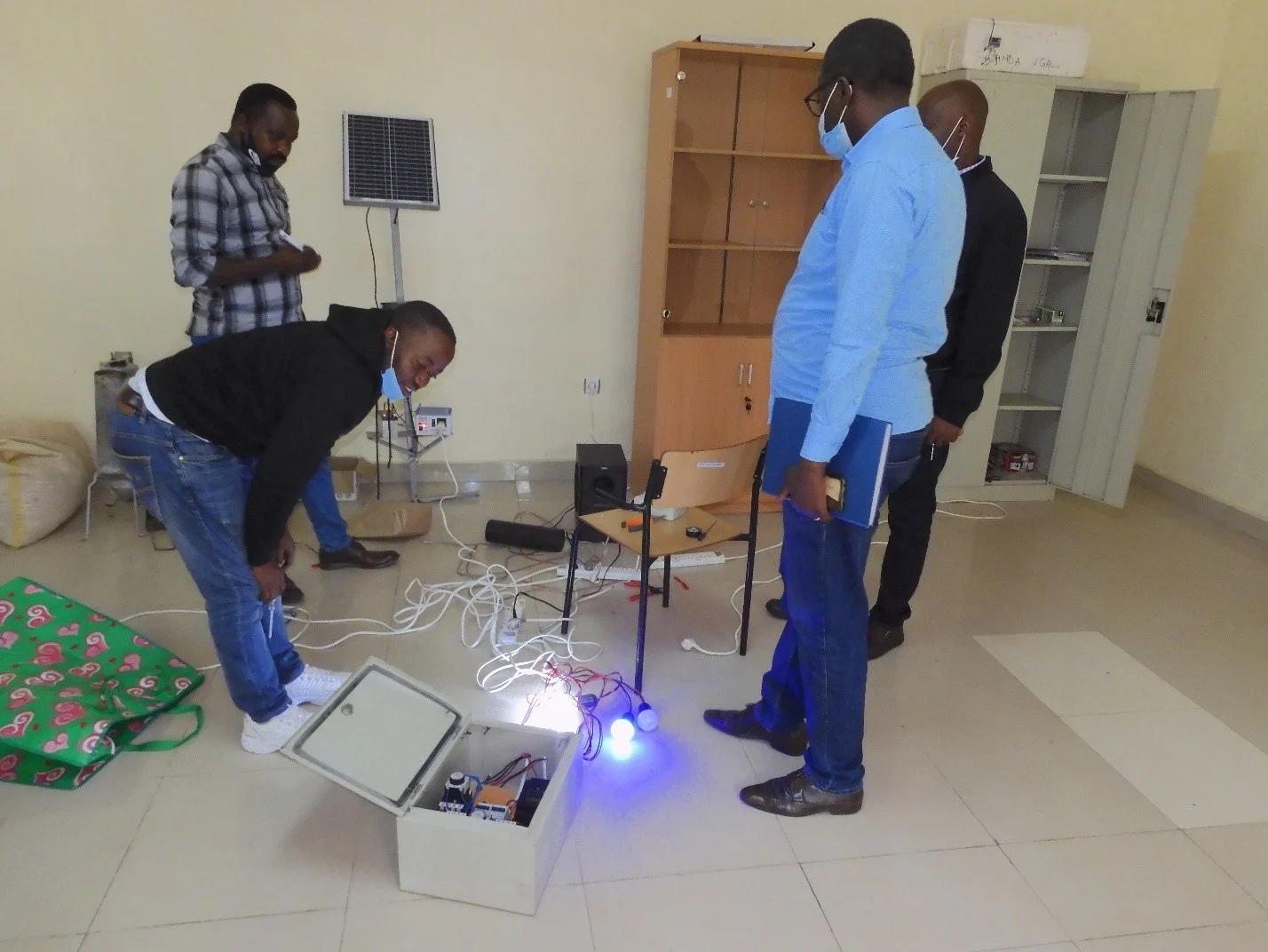
Visiting photo of students during their research
In particular, the Education Committee has drawn up a list of conditions that must be taken into account:
- Selection of candidates who are to study in relation to sustainable development and the well-being of the population
- Priority must be given to young people and women.
- Submit a copy of your thesis to the CPR after your studies
- Accepting to serve the Church after studies
- Women will be at least 50% of all candidates
- Indirect beneficiaries
The indirect beneficiaries of this project are:
- The Christian Churches and Associations that are members of the CPR that are employers of these people who are beneficiaries of the training at the master’s level.
- The Rwandan State which develops policies to empower citizens in the various fields of education.
- The direct families of the people benefiting from the training
The general objective of the project is designed as follows: To contribute to the improvement of the living conditions of the Rwandan people in general and to the development of the Protestant Churches and Christian Associations members of the Protestant Council of Rwanda (CPR) in particular.
With its specific objective:
This project will contribute to the capacity building of the staff of the Protestant Churches and Christian Associations that are members of the Protestant Council of Rwanda (CPR).
Belongings
The churches that have sent scholarship recipients have gained qualified and professionally competent staff to work. Through its more competent personnel through the studies carried out, the churches render more professional services. These personnel contribute more professionally in effective personnel management services, the management and productivity of the Church’s patrimony, the design and management of small projects for the development of low-income communities such as women, youth, and girls who have given birth when they are too young and therefore not responsible enough, etc.
In addition to the qualification of degrees, fellows continue to serve more professionally in their respective positions. Since the beginning of their studies, each and every one of them has initiated at least one project where he/she applied the skills acquired in the studies. Since then, positive changes in everyone’s professionalism have begun to be observed. Thus, many have been promoted to fill positions that are currently even more needy.
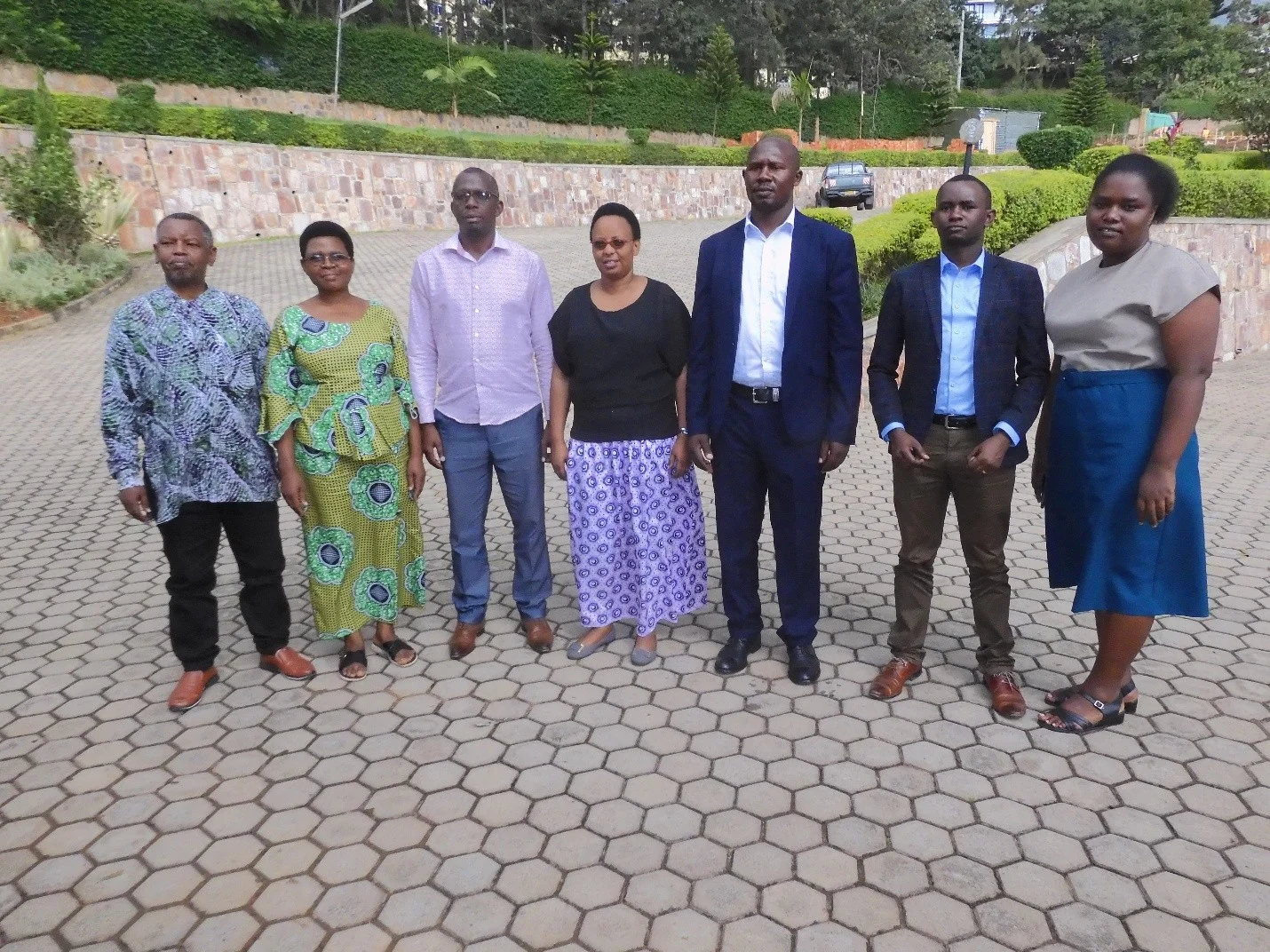
Photo of the almuni committee
By observing effects after 3 years of the project, the scholarship winners are freer and more professionally at work. They acted while they were still in school, now they will be more productive. Now that they are the first phase, the churches need them more. Then, a Church that judged to send a scholarship holder in 1 of the 6 priority areas that had identified as a priority in the project, this same Church remains with shortcomings in 5 other areas.
Two sustainability measures have been put in place:
1) The creation of a group of fellows to facilitate contacts, communication and exchanges of various kinds
2) The CPR grant is an association of the scholarship recipients of this project. It was created and its various committees were elected. The CPR almuni is a platform that allows for regular meetings, workshops, conferences and other opportunities to perpetuate the effects of this project for a longer period of time.
The Mastery Level Church Staff Training Project has provided the churches with professionally qualified staff. They provide professional services to the community, which begins to gain skills acquired by the fellows in universities and research. The Protestant churches enjoy the credibility of other institutions through research projects to the community at large at the national, regional and international levels


